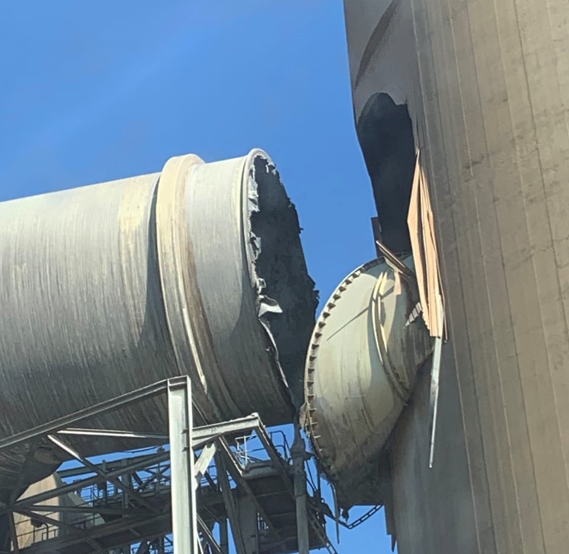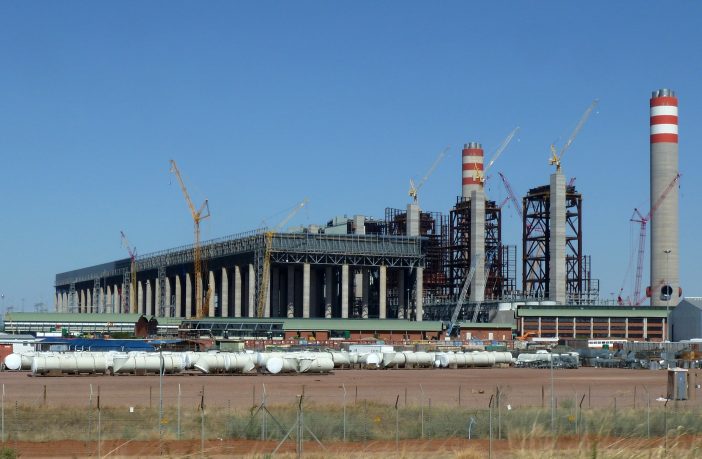- To allow it to utilise temporary repairs at its Kusile power station in Mpumalanga, Eskom has been granted permission to bypass the plant’s Flue Gas Desulphurization (FGD) equipment and emit unabated sulphur dioxide (SO2) and increased mercury emissions, potentially up until 31 March 2025.
The Vukani Environmental Justice Movement in Action (VEM) and groundWork (gW), represented by the Centre for Environmental Rights (CER), are appealing the decision by the National Air Quality Officer (NAQO) to allow Eskom to postpone compliance with the Minimum Emissions Standards for SO2 at Kusile.
Eskom claims that the temporary repair will allow it to add 2000MW to the grid to ease loadshedding, but its own records show that the plant was operating at less than 40% of that for the 15 months leading up to the failure of the West stack on October last year. The parties share the concerns about loadshedding and its impacts on the economy and livelihoods, but are questioning whether Eskom and the NAQO adequately evaluated the proposed solutions given the expected consequences and costs of the bypass.

Unit 1 flue gas duct coupler to the chimney stack disconnected. Image credit: Karin Morrow – Twitter
SO2 is a dangerous air pollutant and the effects of the bypass will be devastating according to modelling done by the Centre for Research into Energy and Clean Air. The increased emissions from Kusile are projected to result in 670 excess deaths, 3000 asthma emergency room visits, 720 000 days of work absence and a societal costs of health impacts to the tune of up to ZAR 24 billion. The modelling also shows deficiencies and outdated assumptions in a Health Impact Assessment submitted by Eskom to support its application. In addition to the 6-fold increase in SO2 emissions (an excess of 280 000 tonnes), bypassing the FGD will also see a 40% increase in the emission of mercury – a potent neurotoxin which persists in the environment for years.
The costs of the temporary repair have been reported to be in the order of R250 million and this figure will rise. The costs of the permanent repair to the failed stack are not being disclosed by Eskom, making a sound cost-benefit assessment by interested and affected parties impossible.
In the Life After Coal submission to the NAQO, several mitigation measures were suggested to at least attempt to ameliorate the impacts being foisted on at-risk communities, but these have not been adopted by the state in its conditions to Eskom. These include measure such as mobile clinics, a health management outreach programme, chronic condition treatment, as well as enhanced and accessible air quality monitoring and filtration systems for schools and public buildings.
Author: Bryan Groenendaal















